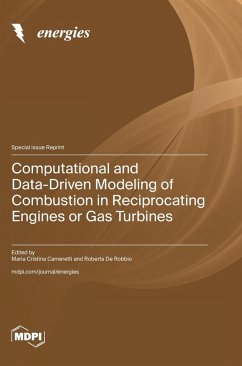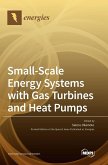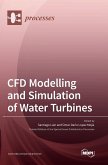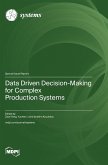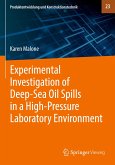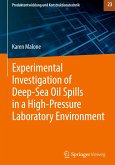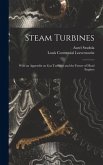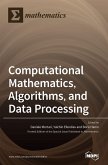In the last decade, more stringent regulations have forced a significant reduction in the levels of pollutants emitted into the atmosphere; nevertheless, internal combustion engines and gas turbines still represent the most widely operated energy conversion systems. Experimental investigations play a fundamental role in allowing a better understanding of the processes that are responsible for noxious species formation. Indeed, only experimental activities can provide basic data to deeply analyze the phenomena occurring inside combustion chambers. On the other hand, experimental facilities have a high cost of maintenance and operation and, therefore, the same data are generally used for the validation of numerical models that in turn can be helpful to predict the behavior of engines and gas turbines under a wide range of operating conditions, or to test their operation in innovative combustion concepts. This Reprint collects innovative research on combustion computational models and their methodologies of validation, covering a wide range of applications and solutions in which reciprocating engines and gas turbines are implemented.
Hinweis: Dieser Artikel kann nur an eine deutsche Lieferadresse ausgeliefert werden.
Hinweis: Dieser Artikel kann nur an eine deutsche Lieferadresse ausgeliefert werden.

